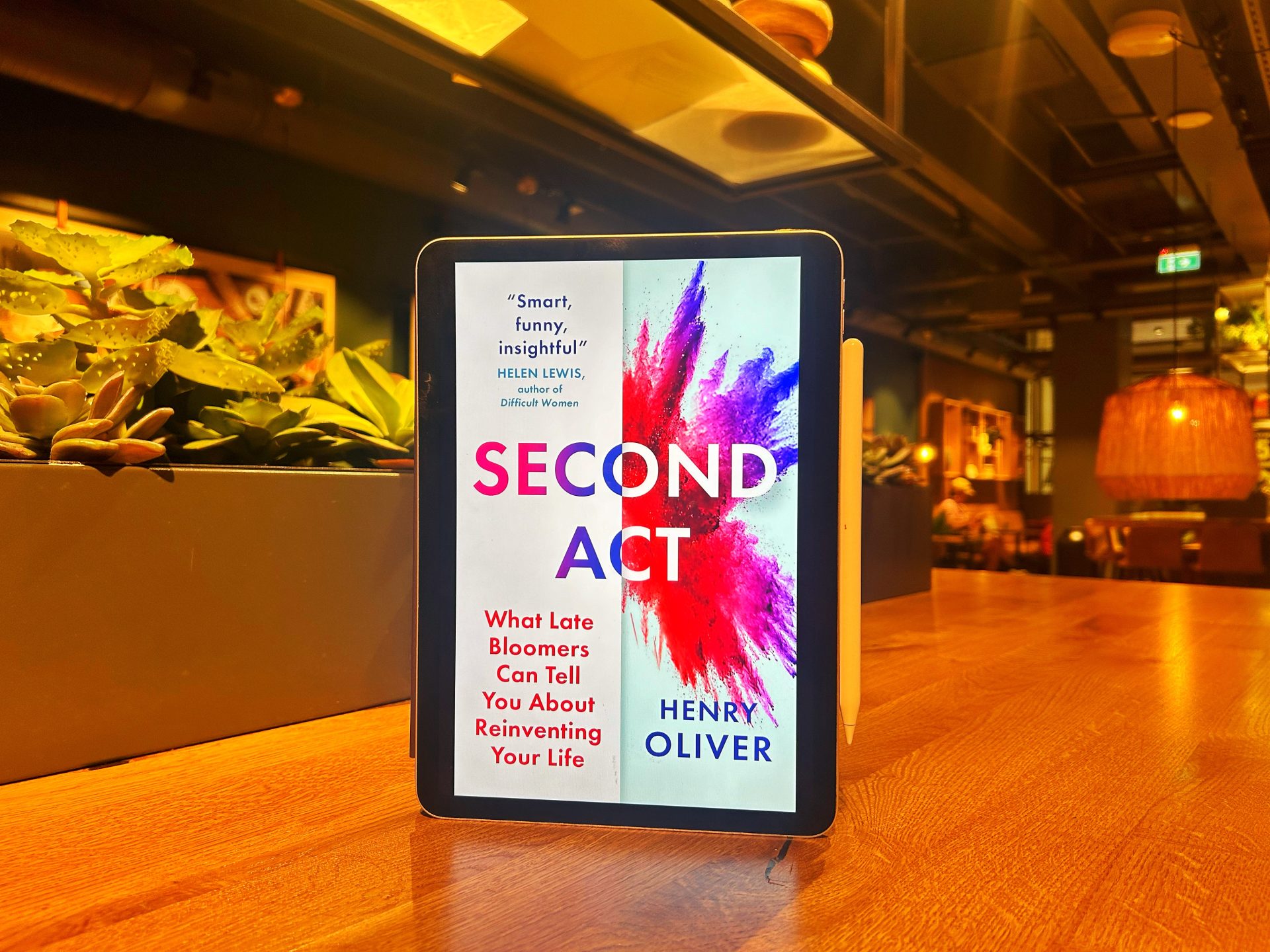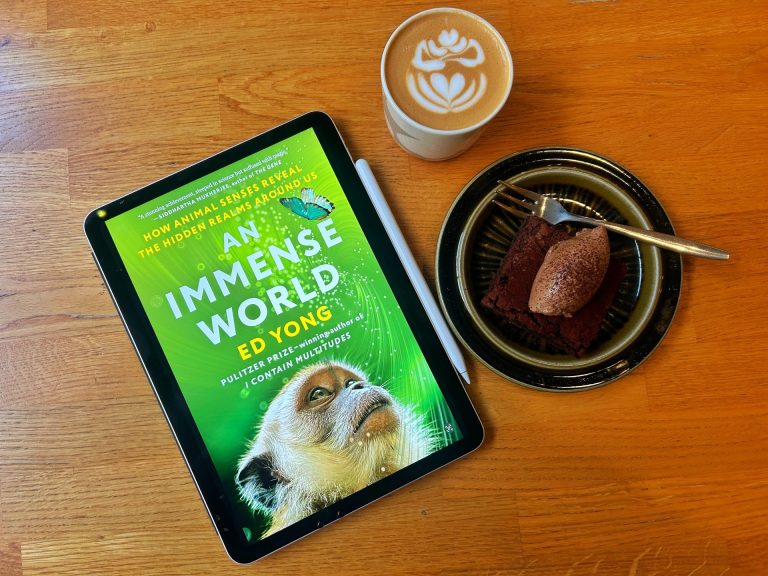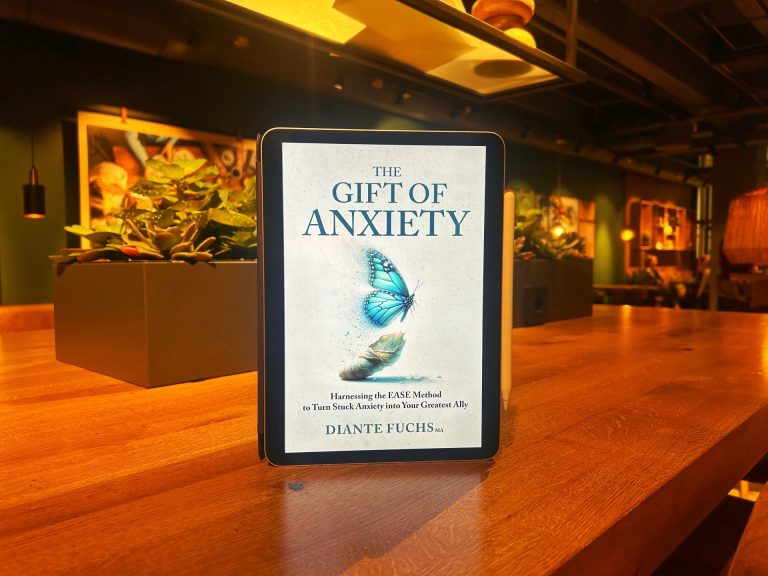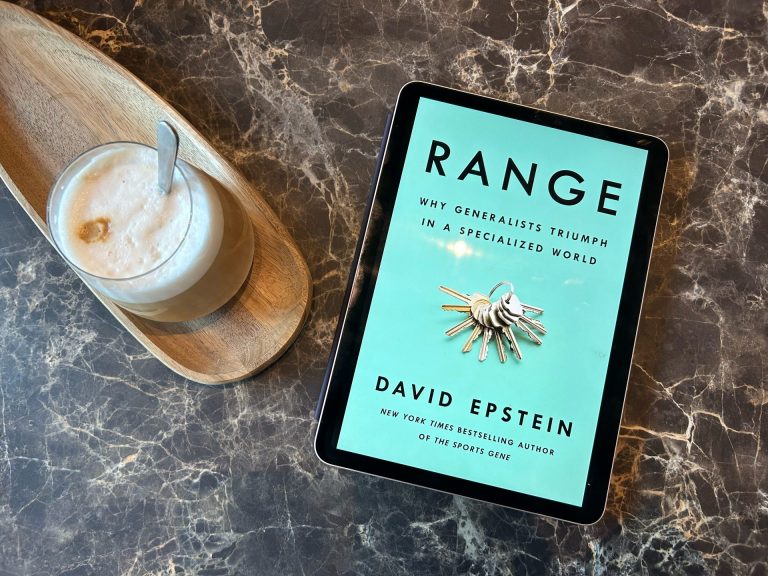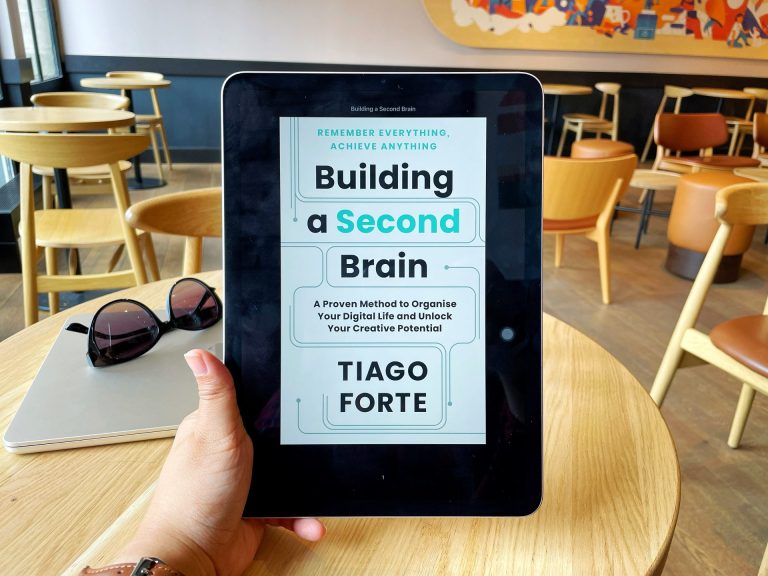Society often glorifies early success, celebrating the youngest achievers with awards and recognition, while older accomplishments are overlooked. This mindset creates the false belief that if we haven’t reached our goals by a certain age, it’s too late to try. Many people stop pursuing new skills or ambitions, assuming it’s pointless. But this view ignores the inspiring stories of late bloomers who have made significant impacts across various fields. These individuals prove that success isn’t about age—it’s about perseverance, passion, and the courage to keep growing.
In Second Act: What Late Bloomers Can Tell You About Success and Reinventing Your Life, Henry Oliver redefines success by focusing on individuals who achieve it when least expected. This fascinating book explores the factors that contribute to late bloomers’ success across various fields, helping us understand and recognize these unique individuals.
Oliver weaves together biographical stories and social science research to provide insights into how people can achieve success earlier in life. He explores the various ways talents can emerge at unexpected times, using the stories of late bloomers to uncover patterns and illustrate the unique circumstances that lead to their success.
One aspect I especially appreciated is how Oliver starts the book by noting that the studies he references often begin with a “perhaps.” This cautious approach, rarely seen in similar books, adds a refreshing layer of humility to his arguments.
Second Act challenges the common belief that success has an age limit, urging readers to see late blooming as a natural part of life’s journey. Oliver explores how different types of luck—often the surprising, unplanned kind—shape our successes in unexpected ways.
I’ve highlighted a few interesting points below, but the book offers many more insights that I believe could inspire you to rethink your own potential. It’s never too late for a second act—this book might just help you discover yours.
Summary
What Late Bloomers Go Through
Before late bloomers hit their stride, they go through an exploration phase where they gather new ideas. This is followed by exploitation phase, where those ideas are turned into original and impactful work. However, be aware that too much exploration can be risky; you might end up as a dabbler. Meanwhile, too much exploitation can be boring; you don’t discover enough new information to create interesting work.
To achieve a hot streak, a burst of your best work, you need to balance exploration and exploitation.
Most late bloomers go through two main stages:
- The Long and Winding Road: They take an unplanned career path, preparing for the unknown rather than working towards a specific goal.
- Finding Their Niche: They find their opportunity through a stroke of luck, a discovery, or a change in circumstances. This happens when they are in the right place, with the right people, at the right time.
Signs of a Late Bloomer
- Earnestness: They take their interests seriously.
- Reflection Periods: What looks like a career break is often a time of development.
- Inefficient Preparation: They work like kindergarteners and engineers, iterating until they succeed. If you’re efficient, you’re probably doing it wrong. Developing slowly has its benefits.
- Sense of Calling: They may not have a specific goal but have a strong vocation.
- Prepared for Luck: They are ready for opportunities even if they don’t know what they’re preparing for.
- Persistent Interests: They dedicate time to peculiar interests that might seem unusual to others.
A Late Bloomer is Someone in the Right Place, at the Right Time, with the Right People
Right People
- Network of Connections: What matters most is not just having connections but having influence. This influence is crucial for breaking into new domains.
Right Place
- Cultural Influence: The culture we live in greatly affects our work and who we become.
Right Time
- Midlife Crisis as Inspiration: Declining happiness can be a natural phenomenon that inspires change. Embracing a midlife crisis can be beneficial, as it encourages us to find a balance between daily demands and activities that absorb us.
For potential late bloomers, leaning into these crises can sometimes be the best answer.
My Favorite Bits
It is difficult to spot late bloomers before they emerge. Often, this is because we’re too focused on external markers of success, rather than a person’s character.
Henry Oliver, Second Act: What Late Bloomers Can Tell You About Success and Reinventing Your Life
The bigger your reservoir of knowledge, the more benefit you get from linking up different clusters of information. The more you prompt yourself to explore your different areas of expertise the more likely you are to chance upon some new discovery.
Henry Oliver, Second Act: What Late Bloomers Can Tell You About Success and Reinventing Your Life
More people should have a midlife crisis. Declining happiness might be a natural phenomenon that you can’t cure but it can also be the inspiration to change. We need to get outside of ourselves. For many people, the solution is a middle path between the demands of daily living and the recreation that absorbs you in something else.
Henry Oliver, Second Act: What Late Bloomers Can Tell You About Success and Reinventing Your Life
Thank you, NetGalley, for the ARC and the opportunity to read and review this wonderful book!
Author: Henry Oliver
Publication date: 9 May 2024
Number of pages: 407 pages
